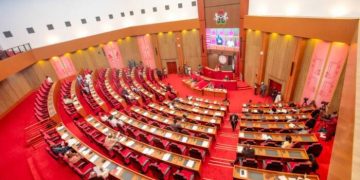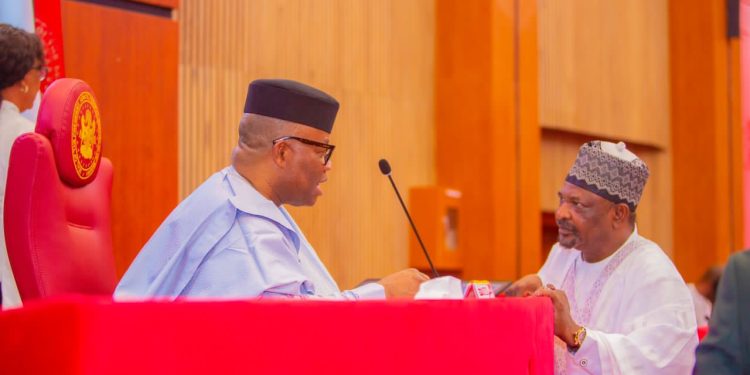Nigerians may soon pay 5% more for data and voice services if the Nigeria Tax Bill 2024 becomes law. Passed by the Senate on May 8, the bill revives a controversial excise tax on telecom services, suspended in 2023 by President Bola Tinubu over inflation concerns.
Industry leaders warn the move could stall digital inclusion and burden ordinary citizens. Gbenga Daniel, President of the Association of Licensed Telecom Operators of Nigeria (ALTON), said, “We’ve had no clarity on how the 5% tax would be implemented, but the burden will fall on the consumer.”
First introduced in the 2020 Finance Act under former President Muhammadu Buhari, the telecom excise duty drew heavy criticism. Opponents argued that internet and call services which are essential in today’s world, shouldn’t be taxed like luxury items.
“Telecoms should be treated as a social good, not taxed like luxury items,” Daniel added. “No one taxes telecoms like this in countries where infrastructure is taken seriously.”
The industry is already stretched. As of August 2024, operators paid 54 different taxes, according to ALTON. Many are still recovering from currency devaluation, high energy costs, and rising tariffs.
“There’s no wiggle room for operators to absorb this cost,” said Anthony Emoekpere, President of the Association of Telecommunications Companies of Nigeria (ATCON). “The new tax will squeeze margins and hit consumers the hardest.”
In practical terms, every recharge, call, or data bundle could carry an extra charge—one operators say they’ll have to pass on.
While the bill offers some relief—like 0% VAT on essentials such as food, rent, healthcare, and public transport—it doesn’t extend that logic to telecom services. “Someone recharging ₦1,000 will feel this 5% tax the most,” said ALTON’s Adebayo. “It also places an additional compliance burden on operators to collect and remit the tax.”
The industry’s concern comes despite recent financial wins. MTN Nigeria and Airtel Africa both posted strong profits for Q1 2025 after a rough 2024, thanks to tariff hikes and rising data usage.























































